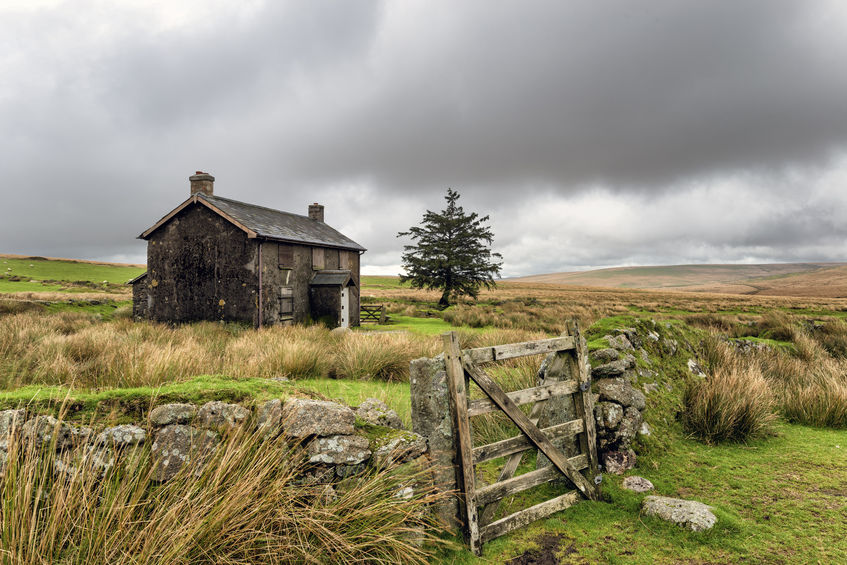
Livestock farmers from across Wales have been debating what future post-Brexit agricultural policies could look like and what would happen if agriculture fails.
At a recent joint meeting of the Farmers’ Union of Wales (FUW) Livestock and Hill farming committees, FUW President Glyn Roberts highlighted that it was critical that all farmers feed into the discussions, to ensure that a policy 'suitable for all' Welsh farming sectors can be put forward in due course.
He said: “Following a consultation with members last year, we have begun to discuss more detailed scenarios for future post-Brexit agricultural policies with the committees today, and we will continue to gather opinions and ideas on what farming in Wales should look like.”
Farmers have urged a need to acknowledge the 'vital role' agriculture plays in providing employment in non-farming sectors and keeping rural communities alive.
Mr Roberts highlighted a recent study by the University of Kent which found that the complete abolition of CAP payments without compensating/countervailing measures could result in around 250,000 non-farming jobs being lost across the UK.
“The study, entitled Employment effects of CAP payments in the UK non-farm economy, found a net positive effect of the CAP payments on non-farm employment, and in particular a strong positive relationship between direct payments and non-farm employment compared with Rural Development payments,” said Mr Roberts.
Rural development implications
The academics behind the study conclude that the removal of CAP payments would also be likely to have rural development implications beyond employment lost, such as increasing rural depopulation.
In particular, in terms of young people seeking jobs outside farming.
The report also warns about the reduced business efficiency due to reductions in the scale of operations for some small and medium sized enterprises.
“This study supports and helps quantify what the FUW has been highlighting for many years, which is that farms support significantly more non-farming businesses and jobs than many sometimes appreciate.
“With so much at stake, it is essential that we use Brexit to create better functioning supply chains which fairly reward everyone; put in place policies which make up for market failure, and better target support in order to create a more prosperous Welsh economy,” added Mr Roberts.
